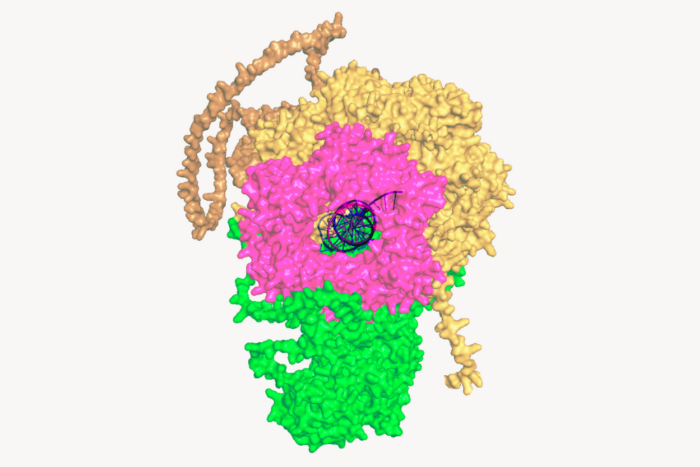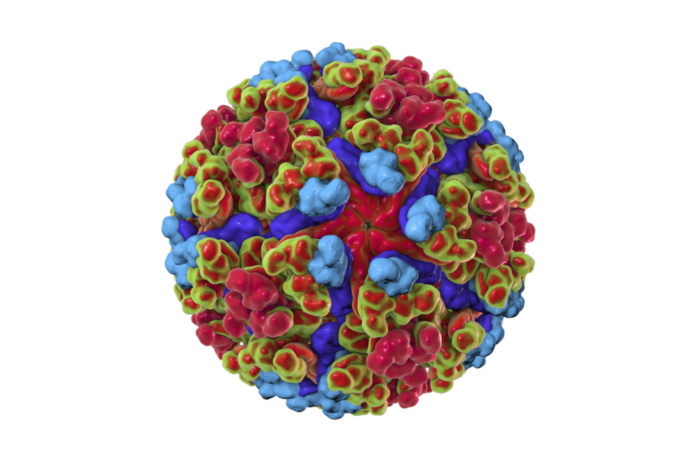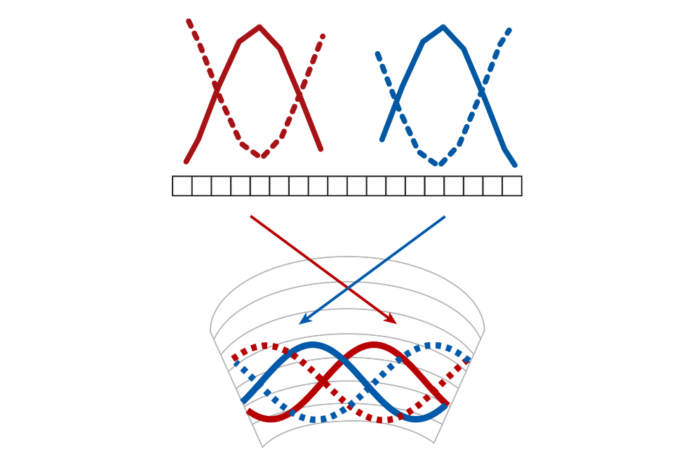Johannes Larsch
 Johannes Larsch
Johannes Larsch
Presented by Leslie B. Vosshall on behalf of Cori Bargmann
M.Sc., University of Konstanz
A Mechanism for Spatial Orientation Based on Sensory Adaptation in Caenorhabditis elegans
In his work on the unity of opposites, hodos ano kato, the pre-Socratic philosopher Heraclitus said that “the path up and down are one and the same.” Johannes Larsch, in his thesis work, has described that path on a level of detail that Heraclitus could not have imagined, and proved, 2500 years later, that Heraclitus was incorrect. Thus, science makes progress.
Johannes came from Konstanz to Rockefeller in 2007 to do his Diploma Arbeit with Leslie Vosshall, in whose laboratory he studied how the nervous system encodes an unpleasant odor. Echoing Heraclitus, from the outset of his career Johannes has shown himself to be a scientist who cared passionately about the path and not just the goal. Science is about the path, and the details of the path. Johannes’s attention to detail was apparent in his development of precise microfluidic methods for presenting odor stimuli to many living C. elegans animals while recording the activity of their neurons. Studying these neurons, he could see the path up and the path down, the hodos ano kato, as animals experienced first increases and then decreases in odors. On the path up, even small odor increases were always detected by olfactory neurons. But the path down was very different. As odors decreased, neurons were silent, completely indifferent to stimuli that had excited them only a few seconds earlier. Johannes learned how the sensory neurons adjust to maintain sensitivity over a thousand-fold range of odor increases. He followed the signal to the brain, and then found that behaving animals followed the same logic, yearning toward the upward odor path and disregarding the downward as they reached the pinnacle of their desire, the odor of chardonnay.
Johannes is now following his own path back to Germany as a postdoc with Herwig Baier at the Max Planck Institute in Martinsried. There he will study the behavior of zebrafish, perhaps to disprove another famous assertion of Heraclitus: “You cannot step into the same river twice.”


